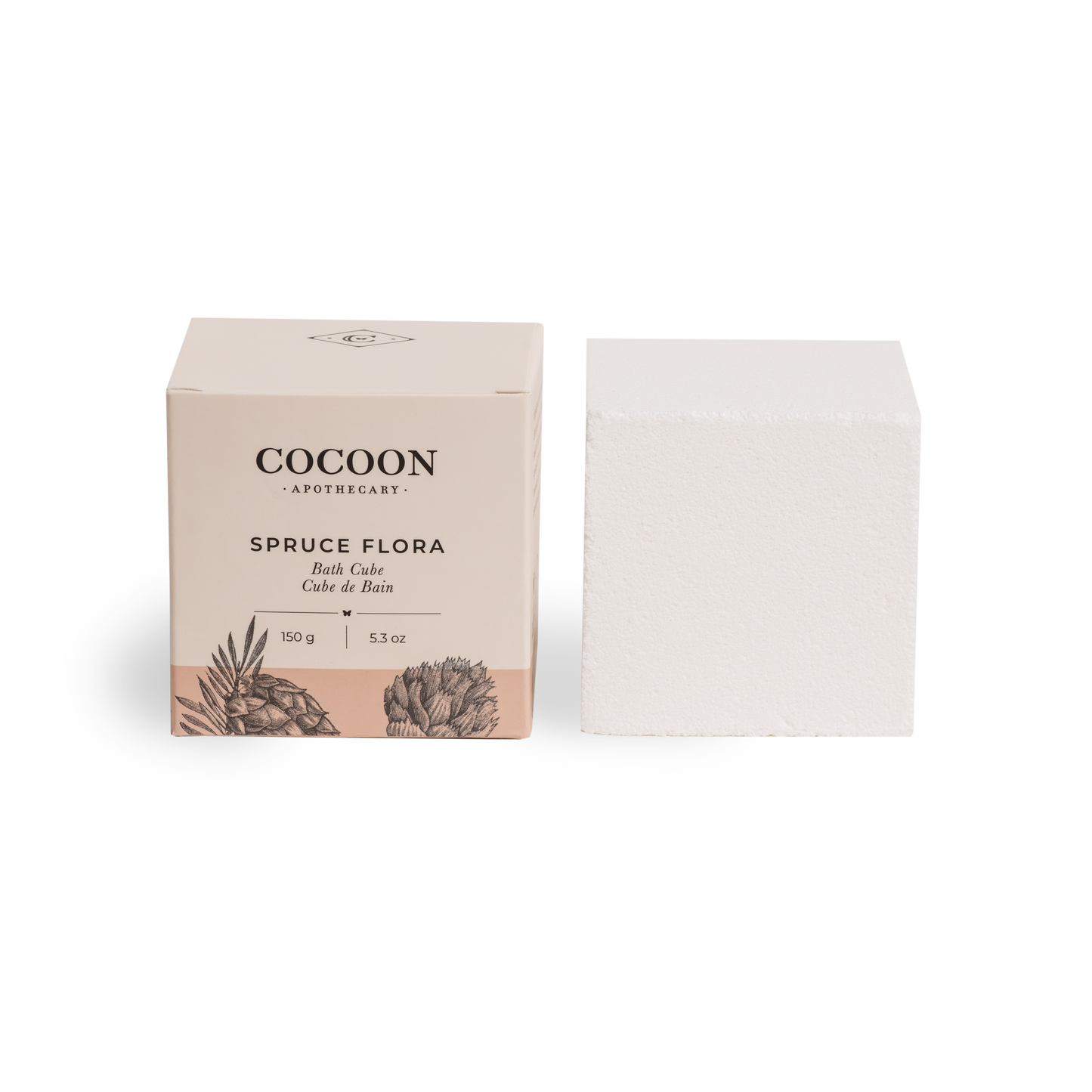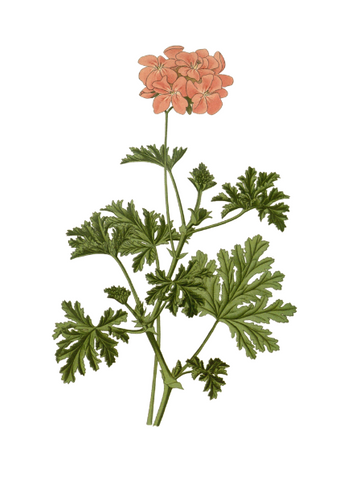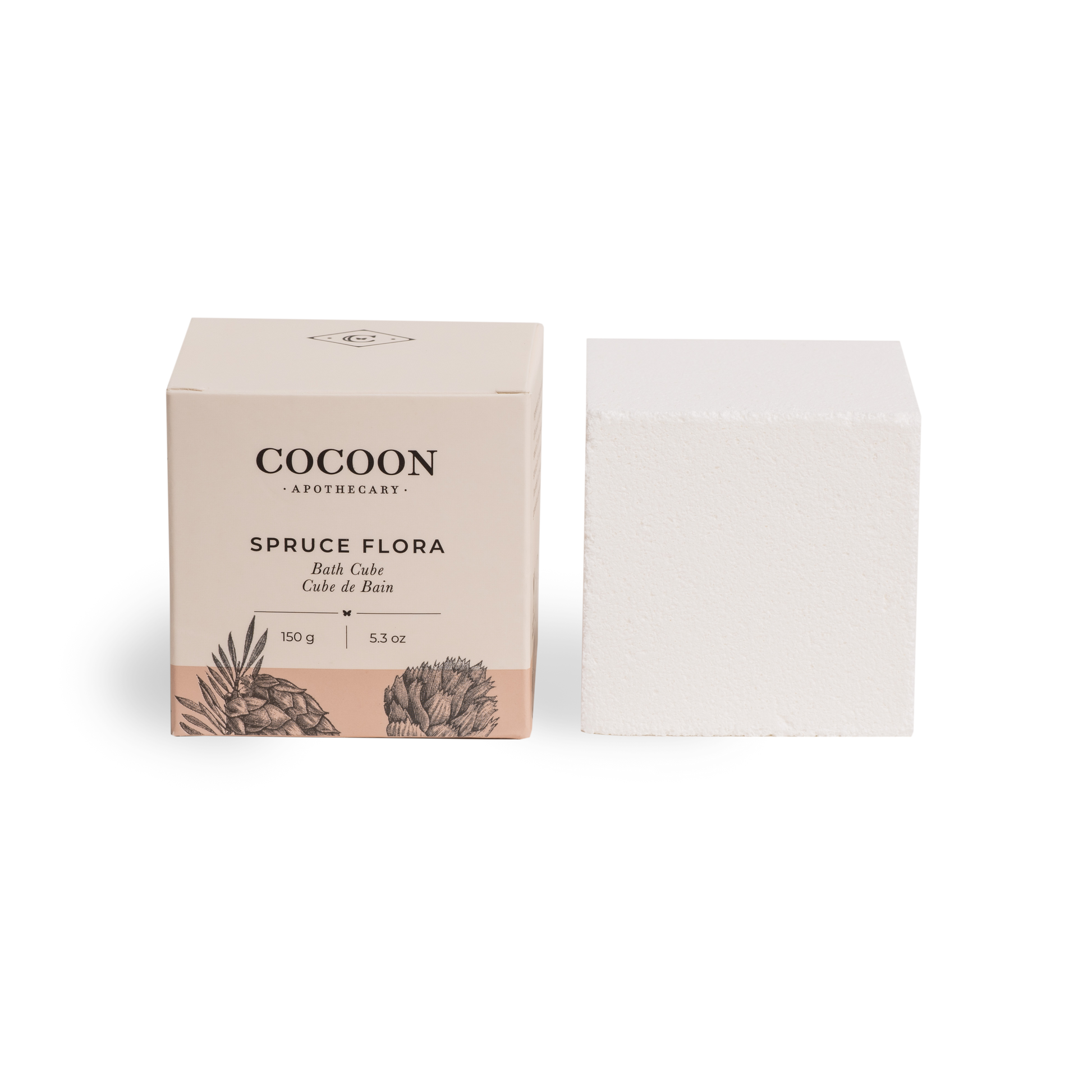
Castor Seed Oil

Castor seed oil, also known as Ricinus communis seed oil, is a vegetable oil derived from the seeds of the castor plant. It has been used for centuries for its numerous health and beauty benefits, including its powerful skin care properties.
One of the key benefits of castor seed oil is its ability to moisturize the skin. The oil is rich in fatty acids, particularly ricinoleic acid, which is a humectant that helps to retain moisture in the skin. This makes it an excellent choice for individuals with dry, flaky or irritated skin. It can also help to improve the overall texture and appearance of the skin, leaving it soft and supple.
Castor seed oil also has anti-inflammatory properties that can help to reduce redness and inflammation in the skin. This makes it a great option for individuals with acne-prone or sensitive skin. Additionally, the oil contains antioxidants that can help to protect the skin from free radical damage caused by UV rays and environmental pollutants.
Another benefit of castor seed oil is its ability to promote the growth of healthy skin tissue. It contains a unique compound called ricinoleic acid that has been shown to stimulate the production of collagen and elastin in the skin. These proteins are essential for maintaining skin elasticity and firmness, which can help to reduce the appearance of fine lines and wrinkles.
Castor seed oil is also an excellent natural remedy for a variety of skin conditions, including eczema, psoriasis and dermatitis. Its anti-inflammatory and moisturizing properties can help to soothe and heal irritated skin, while its antimicrobial properties can help to fight off bacteria and fungi that can exacerbate these conditions.
In conclusion, castor seed oil is a powerful and versatile ingredient that can provide a range of skin care benefits. Its moisturizing, anti-inflammatory, antioxidant and anti-microbial properties make it an excellent choice for individuals looking to improve the health and appearance of their skin.
BOTANICAL NAME: Ricinus (Latin for 'a tick'- the seeds appearance resembles that of ticks) communis (common)
EXTRACTION: Expeller pressed
DESCRIPTION: The castor oil plant is native to the southeastern Mediterranean Basin, Eastern Africa, and India, and is also found in most tropical regions. The castor oil plant was used for medicinal purposes in Ancient Egypt, China, Persia, Africa, Greece and Rome. It was once referred to as “Palma Christe” due to the leaves resemblance to the hands of Christ as well as the plant’s unique healing properties. The seeds, or “beans” of this plant, can be expeller pressed in order to create an oil rich in triglycerides. Castor seed oil is pale in colour and has very little scent. This oil becomes a wax when hydrogenated and is used for various cosmetic purposes.
KEY COMPONENTS: Ricinoleic Acid, Oleic Acid, Linoleic Acid
FOUND IN: Pomade - Bay Rum, Pomade - Muskoka, Bath Cube - Citrus Tea, Bath Cube - Lavender, Bath Cube - Mint Eucalyptus, Bath Cube - Patchouli Vibes, Bath Cube - Spruce Flora.
Black Spruce Essential Oil

Black Spruce Essential Oil is extracted from the needles, twigs, and cones of the Black Spruce tree. This oil has a fresh, woody aroma and is known for its therapeutic benefits. It is a natural antiseptic and anti-inflammatory agent, making it an ideal ingredient for skin care products. Here are some of the skin care benefits of Black Spruce Essential Oil:
-
Reduces inflammation: Black Spruce Essential Oil has anti-inflammatory properties that can help soothe inflamed skin. It is also beneficial for those who suffer from skin conditions such as eczema, psoriasis, and rosacea.
-
Fights acne: The antiseptic properties of Black Spruce Essential Oil make it an effective natural remedy for acne. It can help kill the bacteria that cause breakouts and reduce the appearance of acne scars.
-
Moisturizes dry skin: Black Spruce Essential Oil is a natural emollient, which means it can help moisturize and hydrate dry skin. It is rich in fatty acids that can help strengthen the skin's natural barrier and prevent moisture loss.
-
Improves skin tone: Black Spruce Essential Oil contains antioxidants that can help improve skin tone and texture. It can also help reduce the appearance of fine lines and wrinkles.
-
Calms the mind: Black Spruce Essential Oil has a calming effect on the mind and body. When used in skin care products, it can help promote relaxation and reduce stress levels, which can lead to healthier-looking skin.
In summary, Black Spruce Essential Oil has numerous skin care benefits, including reducing inflammation, fighting acne, moisturizing dry skin, improving skin tone, and calming the mind. It is a versatile ingredient that can be used in a variety of skin care products, including moisturizers, serums, and facial oils.
BOTANICAL NAME: Picea (Latin for pitch-producing pine) mariana (of Maryland)
EXTRACTION: Steam Distilled
DESCRIPTION: An evergreen coniferous tree that can be found in every province and territory in Canada. The sharp blueish green needles are steam distilled to produce a colourless to pale yellow essential oil. Black Spruce oil has a clean, fresh, sweet and woody scent.
KEY COMPONENTS: Bornyl acetate, beta pinene and camphene
FOUND IN: Muskoka Beard Oil, Muskoka Aftershave, Muskoka Pomade, Bath Cube - Spruce Flora, Bath Salt - Spruce Flora, Beard Oil Collection
Lavender Essential Oil

Lavender essential oil is one of the most versatile and widely used essential oils in the world, renowned for its calming and soothing properties. It has a long history of use in traditional medicine and aromatherapy, and is popularly used in a variety of personal care products, including skincare.
When it comes to skincare, lavender essential oil is known for its many benefits. Here are some of the ways it can benefit your skin:
-
Soothes skin irritations: Lavender essential oil has anti-inflammatory and antiseptic properties that can help soothe and heal skin irritations like rashes, bug bites, and minor burns. Applying lavender essential oil topically can help reduce redness, swelling, and pain associated with these types of skin irritations.
-
Calms acne-prone skin: Lavender essential oil has been shown to have antibacterial properties that can help prevent and treat acne. It also has anti-inflammatory properties that can help reduce redness and inflammation associated with acne.
-
Moisturizes dry skin: Lavender essential oil is a natural moisturizer that can help hydrate dry and flaky skin. It can help improve skin elasticity and reduce the appearance of fine lines and wrinkles.
-
Promotes wound healing: Lavender essential oil has been shown to promote wound healing by increasing collagen production and promoting the growth of new skin cells. This makes it useful in treating minor cuts and bruises, as well as more serious wounds.
-
Reduces the appearance of scars: Lavender essential oil can help reduce the appearance of scars by promoting the growth of new skin cells and reducing inflammation. This makes it useful in treating both old and new scars.
Overall, lavender essential oil is a natural and effective way to improve the health and appearance of your skin.
BOTANICAL NAME: Lavandula (from the Latin word lavo meaning to wash-because of its use in soaps) angustifolia (narrow-leaved)
EXTRACTION: Steam distillation
DESCRIPTION: The lavender plant is a shrub that produces small, purple, fragrant flowers. It is a hardy perennial that is grown in several different climates and countries with the largest producer being France. This herb is steeped in human history, from ancient bathing rituals to traditional wedding bouquets symbolizing devotion and purity. Always used to perfume, to cleanse, and to heal, lavender was also added to smelling salts in Victorian times, and clutched by women in labour for strength and courage. The birth of modern day aromatherapy can be attributed to lavender. Chemist Rene-Maurice Gattefosse (1881-1950), who coined the term "aromatherapy", was in a terrible lab accident that left him with a severely burned arm. He successfully treated it with lavender oil and began a lifelong study of essential oils. Lavender oil contains linalool and linalyl acetate that combine to create soothing properties to calm redness and irritation. The aroma is a clean, herbal, floral.
KEY COMPONENTS: Linalool and linalyl acetate
FOUND IN: CLEANSE - Tea Tree & Aloe, MOISTURIZE - Juniper & Hemp, Petal Purity Facial Cleanser, Petal Purity Exfoliating Facial Cleanser, Touchy Feely Body Lotion, Touchy Feely Hand Soap, Touchy Feely Bubble Bath, Bath Cube - Spruce Flora, Bath Salt - Lavender, Bath Salt - Spruce Flora, Spot Dabber for Acne Prone Skin
Geranium Essential Oil

Geranium essential oil is extracted from the leaves and stems of the Pelargonium graveolens plant, commonly known as the geranium plant. It has been used for centuries in aromatherapy and for its numerous health benefits, including its skin care benefits.
One of the primary benefits of geranium essential oil for the skin is its ability to balance sebum production. Sebum is the natural oil produced by the skin, and when it becomes imbalanced, it can lead to skin problems such as acne, dryness, and oiliness. Geranium essential oil helps to regulate sebum production, keeping the skin balanced and healthy.
Geranium essential oil is also known for its anti-inflammatory properties, making it useful in treating a variety of skin conditions such as eczema, psoriasis, and dermatitis. It can help to reduce redness, irritation, and inflammation, and may even help to promote faster healing of the skin.
In addition to its balancing and anti-inflammatory properties, geranium essential oil is also a natural astringent. This means that it can help to tighten and tone the skin, reducing the appearance of fine lines and wrinkles. It can also help to minimize the appearance of pores, making it a great addition to any skin care routine.
Overall, geranium essential oil is a versatile and beneficial oil for the skin, offering balancing, anti-inflammatory, and astringent properties. It can be a great addition to any skin care routine, helping to promote healthy, radiant skin.
BOTANICAL NAME: Pelargonium (from Greek pelargos meaning stork, making reference to the storksbill-like fruit) graveolens (aromatic)
EXTRACTION: Steam distillation
DESCRIPTION: The rose geranium, or Pelargonium graveolens, is a flower native to the Cape and Northern Provinces of South Africa, Zimbabwe and Mozambique. This plant is a medium-sized shrub and produces pale pink to off-white flowers. The strength of the smell of geranium plants vary, however most have a strong rosy lemon scent. Geranium essential oil has a sweet and herbaceous scent and is a thin light yellow to greenish yellow in colour. It contains citronellol and beta-caryophyllene, which have antioxidant properties.
KEY COMPONENTS: Citronellol, geraniol and caryophyllene oxide
FOUND IN: Petal Purity Facial Cleanser, Petal Purity Exfoliating Facial Cleanser, Bath Cube - Spruce Flora, Bath Salt - Spruce Flora
Reviews
- Reviews
- Questions
Spruce Flora bath cube
Lovely packaging. These bath cubes last a long time, if you use sparingly. A little is all you need.

Love!
This is my favourite scent!
My favourite
I think this might be my favourite bath product of all time, narrowly edging out the Citrus Tea cube and the Touchy Feely bubble bath. The scent is somehow both relaxing and refreshing, not too heavy (I don't get on with too much scent) and not too floral. Love it.
A real treat
Lovely scent that is not overpowering. It was like being at a spa. I'll definitely buy again for a treat.
Beautiful product!
I loved the aroma of the bath cube! Neat packaging



